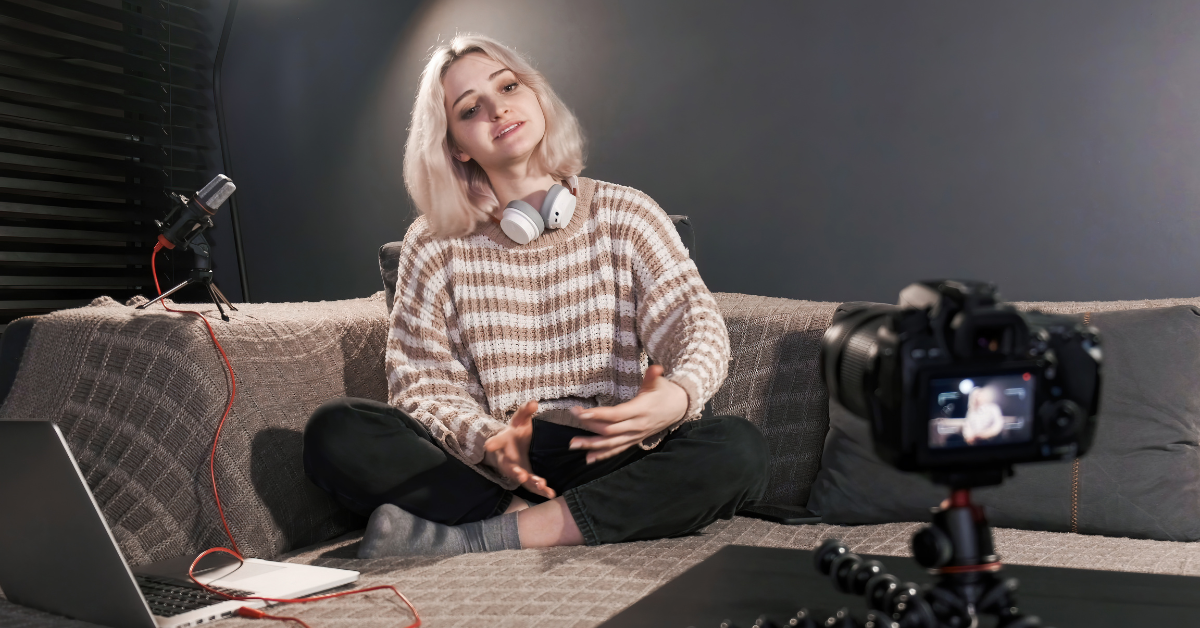
07 Nov Camera Acting for Beginners: Tips You Need to Know
Theater acting requires a different set of skills than acting for cinema or television. This skill set is developed over time by training and getting experience in front of the camera. Screen acting has unique, technical, logistical, and creative hurdles (and opportunities) in addition to all the difficulties faced while acting in a dramatic situation. The best actors master these methods on screen. When we act, we tend to overindulge in character and tend to forget that the way we react, talk and behave still has our personality—so accounting that we should prepare for their roles. We all have to start somewhere, so what better way than to do it right? Keep reading to find four simple acting tips for beginners!
1. The portal into your soul is your eyes
The camera records every moment, including your thoughts, feelings, internal conflicts, and physical inclinations. Additionally, it can capture everything through your eyes, showing more than you would think. Think of them as magnets, drawing the audience into the character’s spirit. Whenever you are thinking or moving between lines, turn the camera into your eyes to let the lens see what you are contemplating or feeling.
2. Using the silences as lines
There should be no missed opportunity because only having emotional engagement in your lines is insufficient, and every second and heartbeat must be considered. How are you affected by what the other character is saying to you? Reaction shots are essential to the narrative flow and character development in film and television editing. In post-production, the editor will be watching for those responses. You can give your performance more depth and establish a stronger bond with the other character(s) in the scene by interpreting the silences and pauses in the script like lines of their own, imbued with intention and thought. Because of it, you’ll probably get more screen time!
3. Recognize your audience
There isn’t a live audience like there is at a theater. There is a drawn-out and significant post-production procedure between your performance and the audience’s viewing. When you are filming and as you work, keep in mind that your audience is not there. The only audience you have is within the fictional worlds of the narrative and the other characters who occupy it. In other words, the director, the crew, the camera operator, and the camera itself are not your audience. Avoid performing for them at all costs.
4. Be ready and adaptable
On set, you’ll shoot scenes out of order. As these might change quite suddenly, you must be ready for any last-minute modifications to the shooting schedules and your character’s journey at every point in the plot. You want to avoid becoming a varying factor when there are so many to consider already, like the weather, daylight hours, transit problems, and technological hiccups. When you arrive on set, expect only two or three chances to get it perfect. Don’t let your first take serve as a warm-up or rehearsal. Complete character preparation will help you get it correctly the first time.
For more tips like this, choose the best acting courses online and have scene study classes online to get an in-depth understanding and review to help you perform better. The Heller Approach offers you the best online acting classes to do what you do best. Contact us today!


